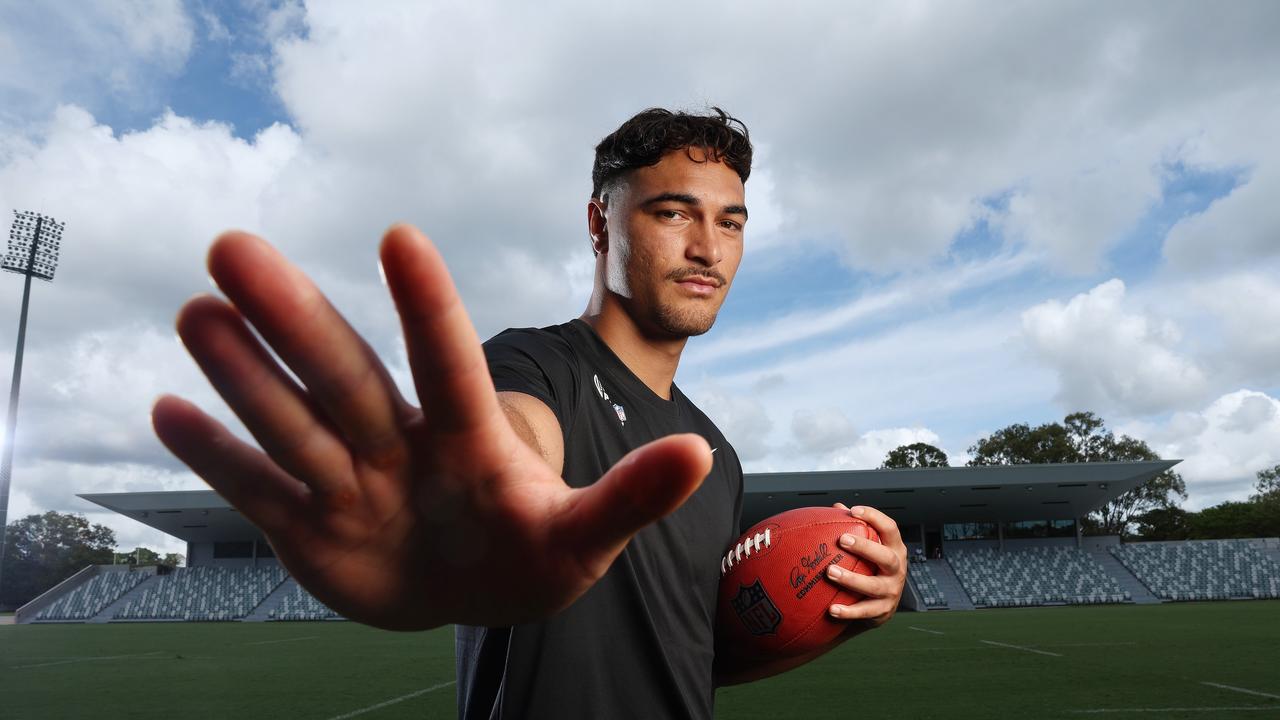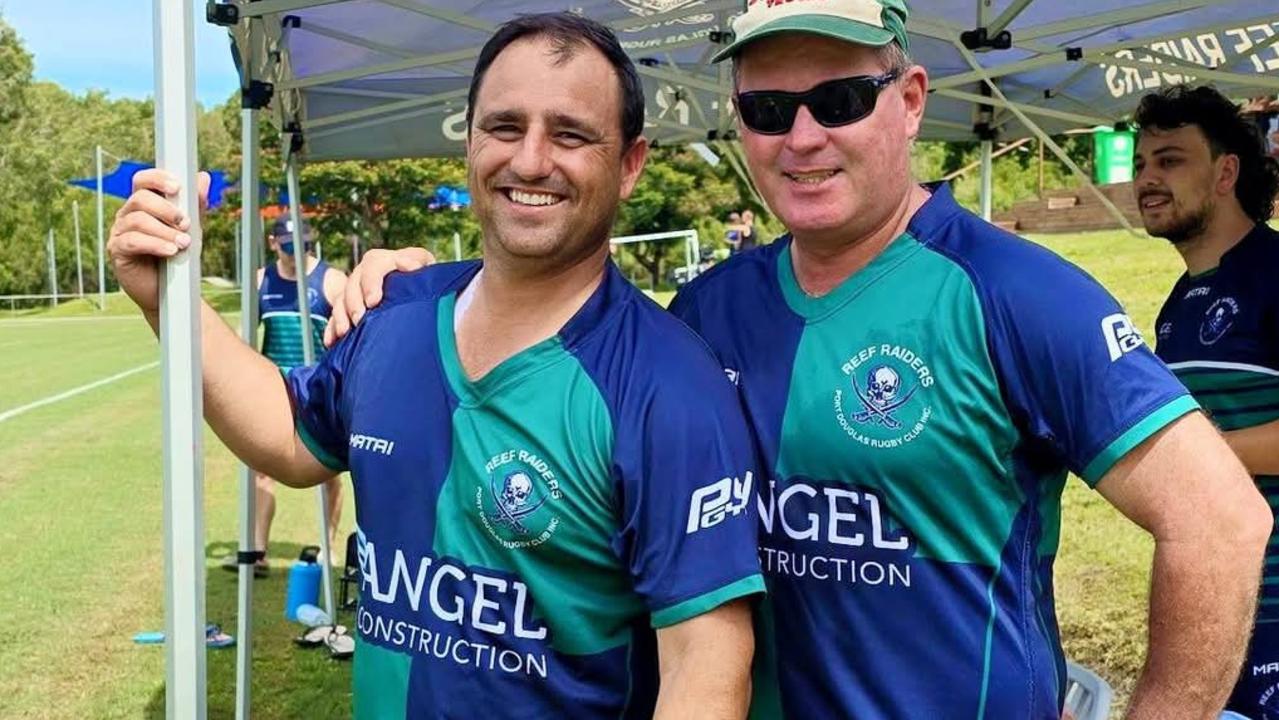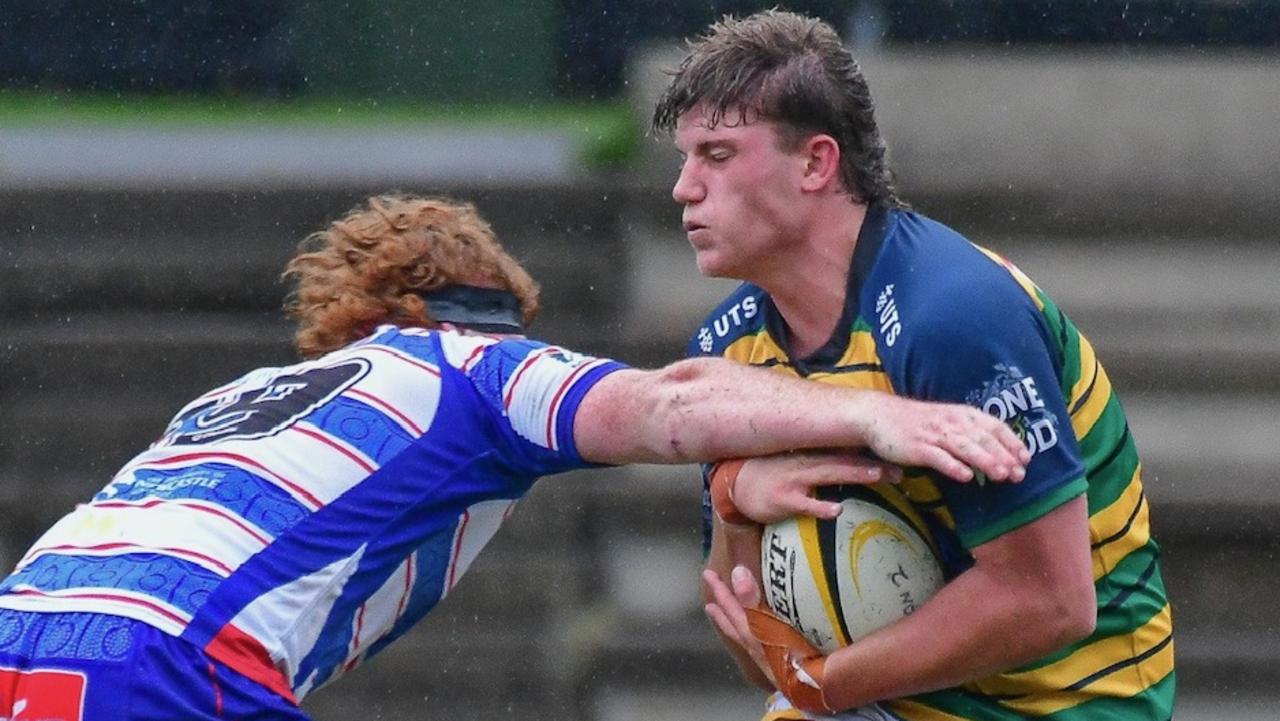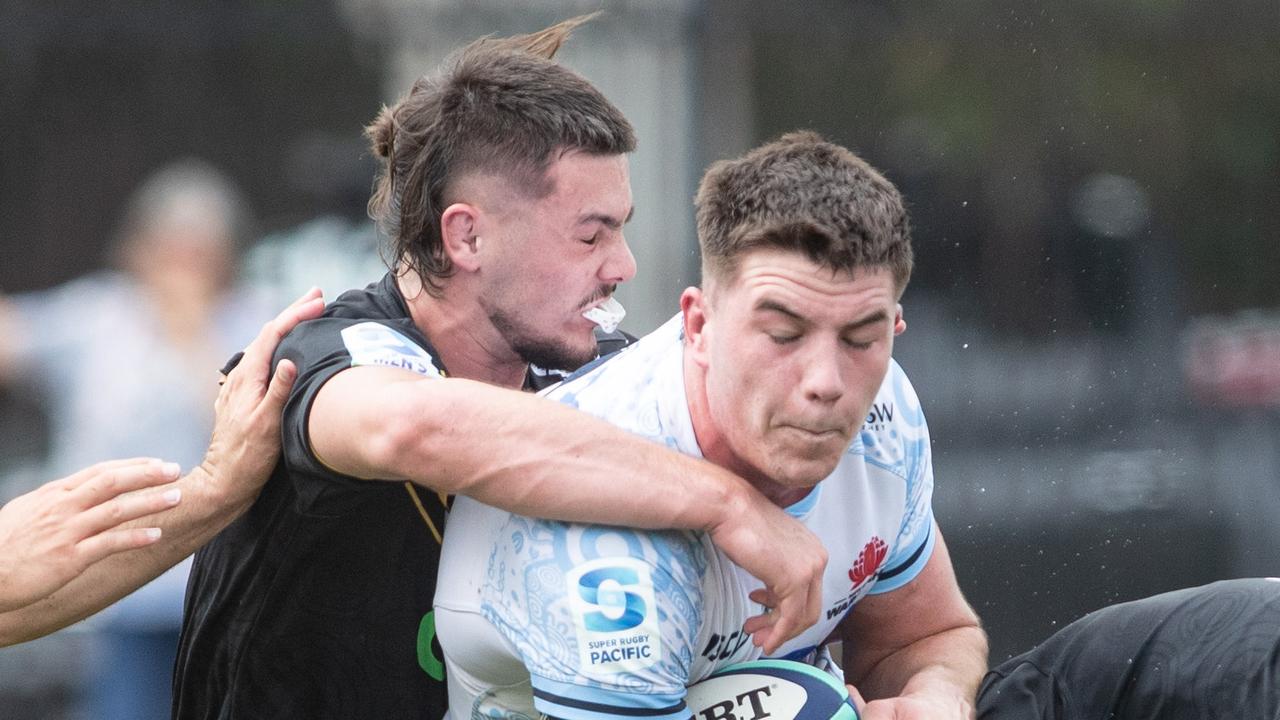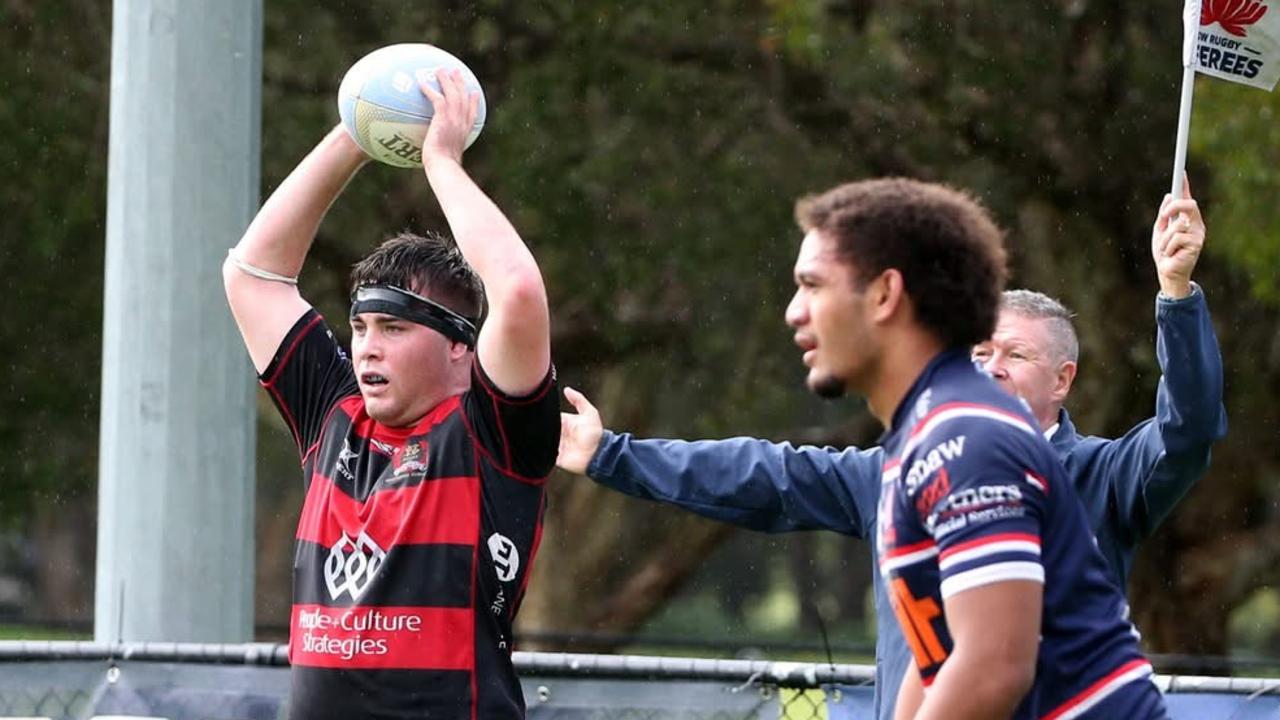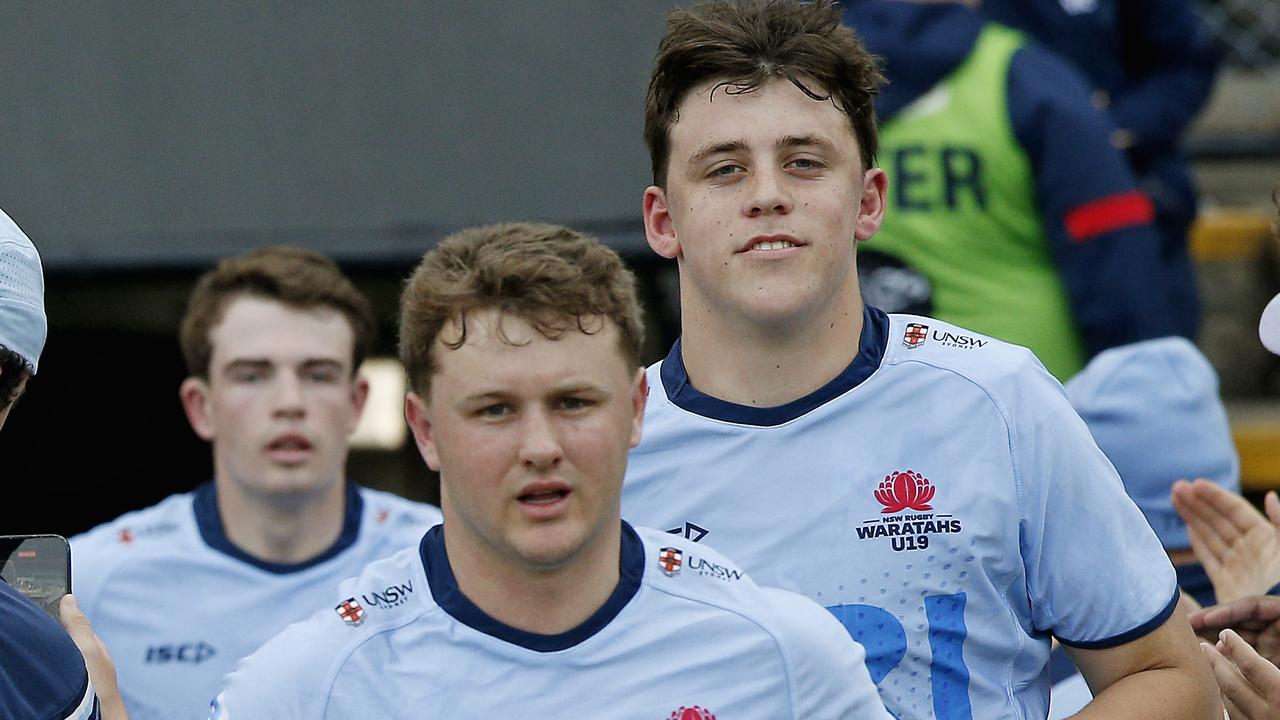English rugby star Maro Itoje talks about his passion for art and meeting Jay-Z
England rugby star Maro Itoje has opened up about his love of African art and his dreams of going into film.
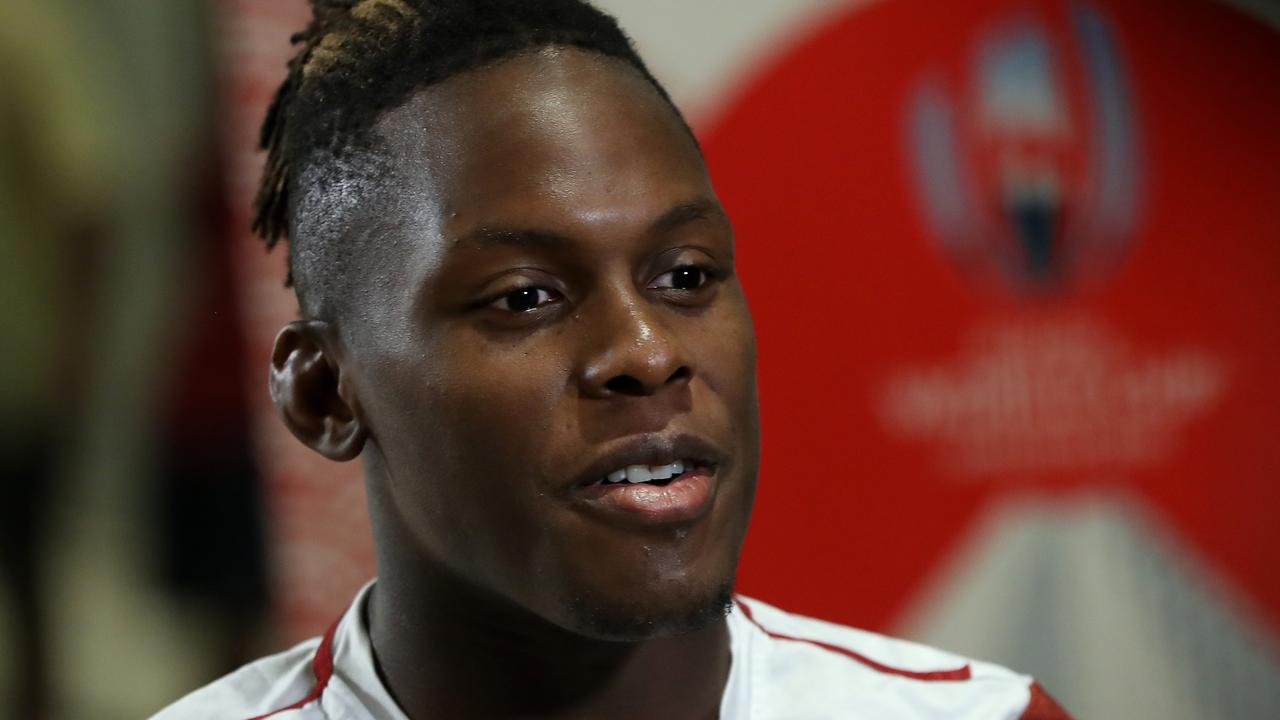
Rugby Union
Don't miss out on the headlines from Rugby Union. Followed categories will be added to My News.
Options for the off-duty sportsperson used to be limited. You could open a pub, do a bit of punditry, succumb to booze or betting.
Recently, though, athletes have been setting their sights on the arts and entertainment world. The basketball player LeBron James has followed Michael Jordan into movies, the sprinter Usain Bolt has released an album and the heptathlete Jessica Ennis-Hill has written children’s books.
High culture, however, has remained a largely jock-free zone. No operas from Martina Navratilova or ballets from Ian Botham. Until now — because Maro Itoje, the England rugby union player, has curated an auction of affordable art for Sotheby’s.
Actually I shouldn’t call Itoje a jock, and not just for fear that he might pound me into the floor. Sure, the 27-year-old is arguably English rugby’s biggest star, having been named European player of the year in 2016 and won three European Rugby Champions Cups with his club, Saracens, and three Six Nations titles with England. Sure, he is a 197cm, 110kg behemoth of strength and skill who can soar in the lineout and tackle like a bulldozer. None of that gets one very far in the world of visual art, though. Yet Itoje refuses to define himself purely as a sportsman.
“I’m forever grateful for all that rugby has given me but I think it’s healthy to have a number of other interests,” he says. “My parents had little idea what rugby was — education was the most important thing.”
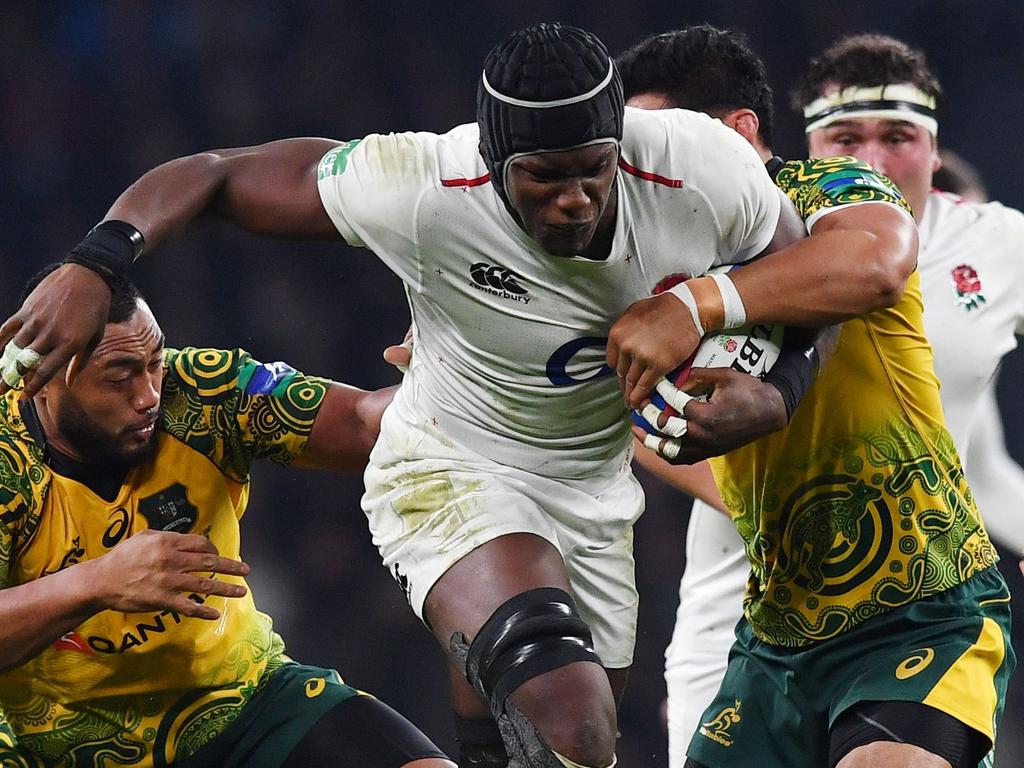
While his peers can be taciturn and focused on their day jobs to the point of tedium, he is neither. Nor do you hear many rugby players using words such as “diaspora”, “microcosm” or “metallurgy”. Having won a scholarship to Harrow School and graduated in politics from the School of Oriental and African Studies in London, Itoje is signed to Roc Nation, the rap mogul Jay-Z’s talent company, and talks easily about history, music, film and, yes, art. His interest in the last is “a bit of a love affair”, he says by Zoom from his home in north London. “I’ve got quite a few pieces.”
Sure enough, behind him on the wall is an abstract portrait of a woman in vivid orange by a Nigerian artist called Oar. Itoje’s parents are from Nigeria and most of his art comes from there. “I have a few of Oar’s pieces of African women sitting down, looking elegant,” he says.
As a child he briefly wanted to be an artist, he says. “Very, very briefly! It was when my mum bought me a book with all the legendary artists — Van Gogh, Picasso. But when I put pen to paper, or brush to canvas, I realised it was not what I was intended to do.”
His interest in art was reawakened when he moved into his own flat in the mid-2010s, just as his rugby career was taking off, and wanted to decorate it. His mother suggested going to the art market in Lagos and now he visits regularly. The sellers know him, he says. “I’m the guy from London who comes to buy art. I don’t think they even know what rugby is.”
Oar doesn’t feature in the new show, Contemporary Curated, but among those who do is Omar Ba, a Senegalese artist whose mixed-media paintings of heads are, Itoje says, “a little bit different to what I would normally go for but still really interesting.”
Also featured is Derrick Adams, an African-American artist who is based in Brooklyn and “makes really bright collages”. Itoje’s favourite, though, is Foster Sakyiamah from Ghana. “There’s a certain way African artists depict the African woman. And I think he does it really well here, very elegant, very chic. Both his pieces are beautiful.”
Itoje seems to have a thing for pictures of elegant African women. What else guides his taste?
“My personal judgement is very much on how striking the image is, how it makes me feel, how aesthetically pleasing it is, which is relatively basic,” he says.
Well, it may be basic if you’re Brian Sewell; less so if you spend your working week running into huge people. Do his team-mates rib him? “Ironically, of all the things I get ribbed about, this is not one.”
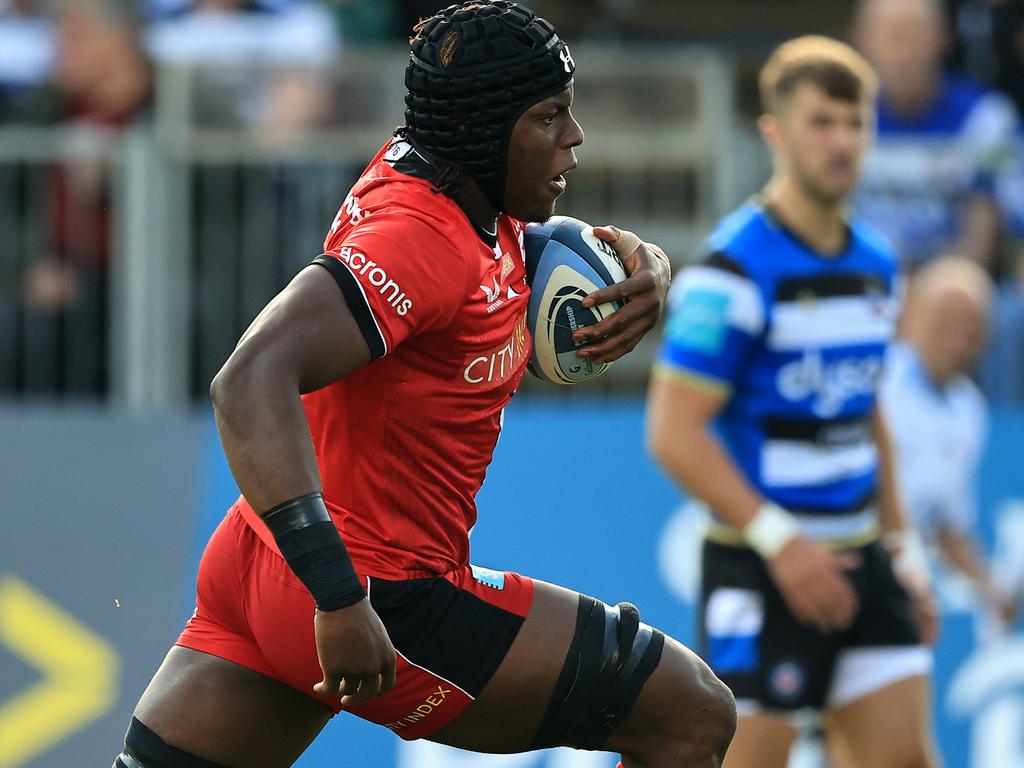
He probably has about a decade left in rugby, injuries permitting. Coaching “isn’t part of the plan” after retiring and nor is being a full-time pundit. “I would love to be involved in the art world,” he says, and continue with his “charity endeavours”. Those have included lobbying Gavin Williamson, then the education secretary, to get more laptops to schoolchildren during lockdown, a worthy campaign that had a cringeworthy postscript.
In an interview in September, Williams spoke about having a Zoom call with Itoje but confused him with the footballer Marcus Rashford.
“It was an interesting situation,” Itoje says. “I spoke to Gavin Williamson after the fact. He apologised and said that it was a long interview and it really was a slip of the tongue.”
Itoje accepted the apology but thinks it was “a microcosm of a wider issue in regards to the media. That case got the most widespread attention because it was the government but on countless occasions before I’ve been mistaken by outlets — BBC, Sky and so forth — for other black athletes. Hopefully that whole media storm might shake these outlets up a bit to pay proper attention because there seems to be an air of laziness when reporting ethnic minorities.”
One thing Itoje does have in common with Rashford is a willingness to go where other athletes fear to tread. He is helped on that front by Roc Nation, whose clients include the musicians Rihanna and Alicia Keys and the footballers Romelu Lukaku and Kevin De Bruyne.
Jay-Z’s company specialises in brand diversification: “They were keen on pushing boundaries and seeing how you can shake things up a little bit.” He met Jay-Z for the first time this month in London at the premiere for the western The Harder They Fall. “He was a very cool, calm, collected type of guy.”
Was Itoje starstruck?
“A little, yeah. I was nervous. It was a relatively short conversation, to be honest — I just asked him how the day was going. The whole room was trying to get to him — I guess it comes with the territory that he occupies.”
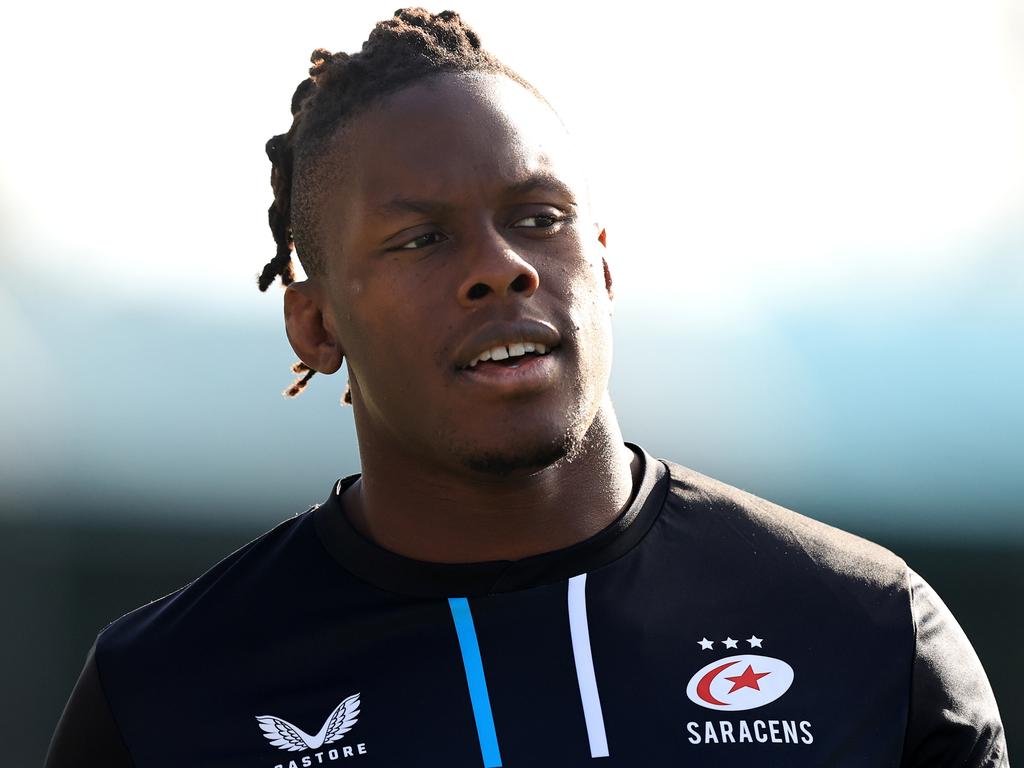
If his team-mates don’t take the mickey out of Itoje for the art, I suspect they do for another of his recent ventures — fronting a range of floral wallpaper for Sanderson.
“That’s not necessarily a brand that is associated with rugby,” he says with considerable understatement. “I think I was their first male ambassador — but they saw something in my story that led to theirs.”
It certainly pushes the boundaries, as did A History Untold, an art exhibition that Itoje curated at the Signature African Art Gallery in London in May.
The aim of the show was “to celebrate a different side of African history”, he says. “When you learn about black history at school it’s mainly focused on three topics: the Atlantic slave trade, colonialism and the civil rights movement. While they are worthy of being taught I believe they don’t fully encapsulate the full story of African history.”
The show, which featured artists from across the continent, highlighted African contributions to areas from jazz to metallurgy. It sounds like a more uplifting African experience than the one Itoje had later in the summer, when he played for the British and Irish Lions team that lost their test series against South Africa.
“It’s the one that got away,” he says. “We had the team to do it. We had everything in place. I guess sometimes you just have to fall on your sword and lick your wounds.”
Itoje is in a better position to do that than most athletes. As well as art, he is interested in making films.
“I’m a sucker for a good documentary,” he says, citing ones featuring Hillary Clinton, Barack Obama and the Black Panther Michael X.
If he does move into that area he will be following his cousin Beno Obano, another England rugby player, who made a documentary about diversity in rugby. There’s clearly something in the family.
- The Times

